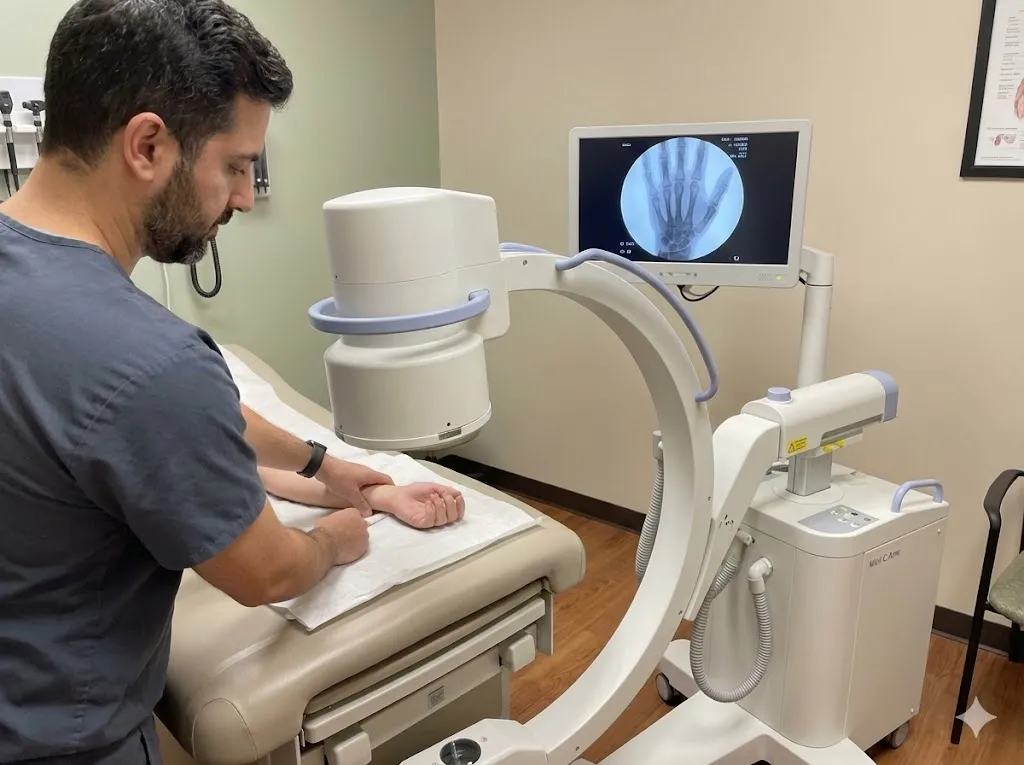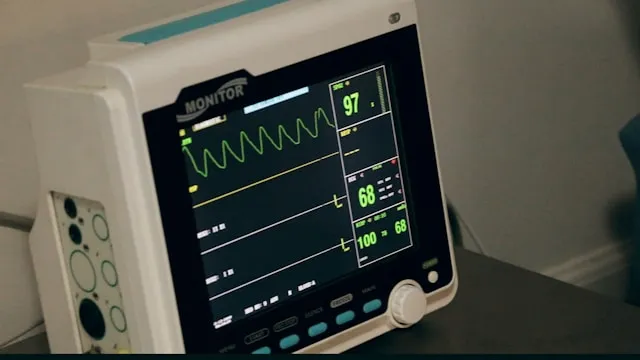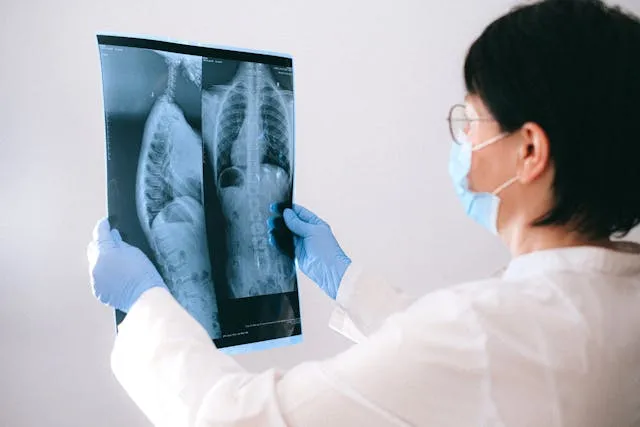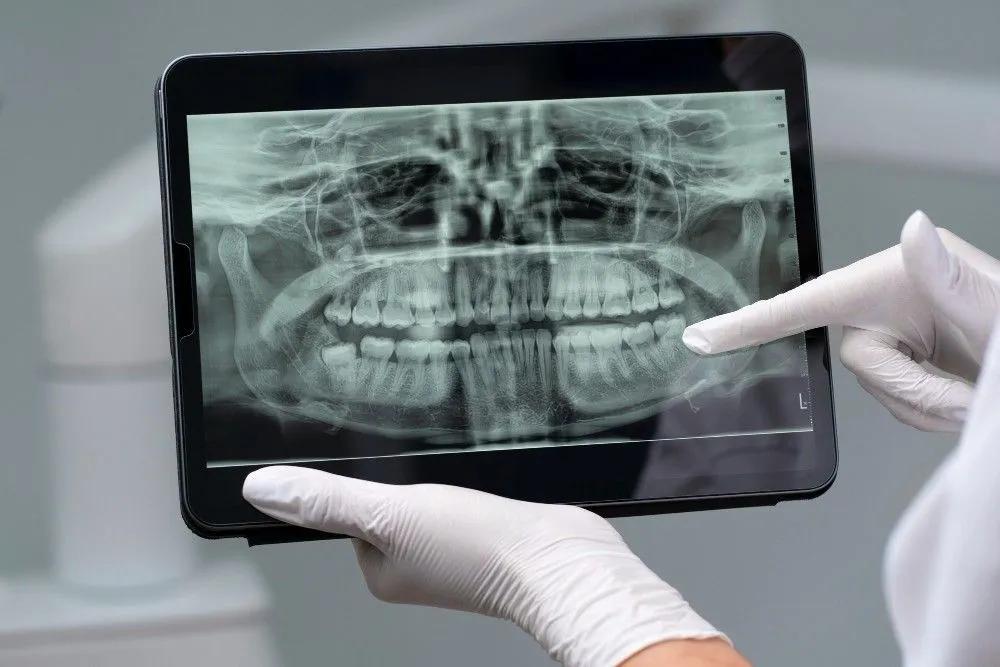An EKG usually takes 5 to 10 minutes. It’s one of the shortest heart tests. This guide compares timing across other common procedures, including stress tests and echocardiograms. |
Ever stared at a clock in a waiting room, wondering how long all this would take? You're not alone. Medical tests bring enough stress without guessing timelines. If your doctor has ordered a heart test, one of the first questions that pops up is how long does an EKG take, and how does it compare to other tests? Some tests are quick and done before you blink.
Others drag out for hours or even days. Understanding the time involved helps you prepare, especially when you're juggling work, family, or just trying to get through the day without more stress.
How Long Does an EKG Take?
An EKG test is the fastest way to see how your heart’s rhythm works in real time. It usually takes 5 to 10 minutes from start to finish. Most of that time goes into attaching small electrode patches and getting comfortable. The recording itself lasts under one minute.
According to the National Heart, Lung, and Blood Institute (NHLBI), an EKG or ECG is a snapshot test of your heart’s electrical activity.
The measurement portion of a standard 12-lead ECG takes about one minute, or five minutes at most.
If you’ve been wondering how long an EKG takes in a hospital versus at a clinic, the difference lies mainly in waiting time, not the test itself.
What Happens Before, During, and After an EKG
Many people arrive anxious. However, the process is simple. When you reach the clinic, the technician will ask you to lie down. They’ll clean small areas on your chest, arms, and legs. Then, they’ll stick ten electrodes, six on the chest and four on the limbs. These leads connect by thin wires to the machine.
During the test, stay still and breathe normally. Even small movements can blur the reading, so the technician might ask you not to talk. The actual recording usually finishes in less than sixty seconds.
After the test, the patches come off. You can walk, drive, and eat normally. In most clinics, a doctor reviews your tracing right away. That’s all. Fast, silent, painless.
What Are the Other Common Heart Tests
Not all heart tests are this fast. Depending on what your doctor’s looking for, the test could take minutes… or days. Some tests check how your heart looks. Others monitor it while you move or while you sleep.
Echocardiogram (Echo): How Long Does It Take?
An echo uses ultrasound to show your heart’s structures in motion, a bit like watching a live video of your heart beating.
Takes 45 to 60 minutes
Gel is applied to your chest
You may lie on your side
Completely painless, but slow
Stress Test: How Long Does It Take to Complete?
A stress test is more involved. You walk on a treadmill or pedal a bike. Your heart is monitored while your body works harder.
Takes 30 to 60 minutes
You’ll wear athletic shoes
Heart rate, breathing, and blood pressure were tracked
Helpful when symptoms happen during exertion
Holter Monitor: How Long Do You Wear It?
This test watches your heart over a day or two while you go about your routine. It catches things that short tests can miss.
Setup takes 20–30 minutes
You wear it for 24 to 48 hours
Small device clips to your waistband
Tracks activity and symptoms during real life
Cardiac CT, MRI, and Blood Tests: How Long Do They Take?
These are usually follow-up tests when doctors need detailed images or lab values.
Cardiac CT: 10 to 20 minutes
MRI: 45 to 90 minutes
Blood tests: 10 minutes, but wait for results
Typical Duration of Heart Tests (Comparison Table)
Below is a practical guide comparing EKG test duration with other common heart exams.
Use this to understand why some procedures take minutes while others last hours.
Test Type | Typical Setting | Average Time | What Happens / Notes |
Standard 12-Lead EKG (Electrocardiogram) | Outpatient clinic or diagnostic centre | 5 – 10 minutes | Setup + recording; actual measurement ≈ 1 minute (NHLBI, NCBI) |
EKG in Hospital or ER | Emergency/ward | 10 – 15 minutes | Includes wait, check-in, and removal time |
Echocardiogram (Echo) | Cardiology lab | 45 – 60 minutes | Ultrasound imaging of heart movement |
Stress Test (with EKG) | Hospital exercise lab | 30 – 60 minutes | Heart rate tracked while walking/pedalling |
Holter Monitor | Home/ambulatory | 24 – 48 hours | Continuous recording for irregular beats |
Cardiac CT | Imaging centre | 10 – 20 minutes | 3-D heart scan, often with dye |
Cardiac MRI | Hospital scanner | 45 – 90 minutes | Detailed soft-tissue images of the heart |
As you can see, the EKG is the quickest of them all.
It’s perfect for spotting rhythm changes fast, whereas imaging tests take longer because they capture heart structure, not just signals.
Why the Duration Varies
Even though the average time for an EKG test in the US is under ten minutes, several things can extend it slightly. First, the patient’s age and movement matter. Children or restless patients need extra time for steady readings.
Second, chest hair or lotion can interfere with electrode contact. Third, in busy hospitals, prep and queue time stretch the visit. However, the test itself never takes long. The electrocardiogram how long question always leads to the same answer, mere minutes.
EKG vs Echocardiogram: Which One Is Faster and Why?
The EKG is much faster. It checks your heart’s electrical signals. The echo checks how the heart physically looks and how it pumps. They're used for different reasons, but in terms of time:
EKG: under 10 minutes
Echo: about an hour
EKG is a quick rhythm check
Echo gives detailed pictures
If you’re in for routine screening, the EKG is often first.
EKG vs Stress Test Duration: What to Expect
The stress test builds on what the EKG starts. If you feel symptoms when active, this test catches what a resting EKG can’t.
EKG takes about 10 minutes
Stress test needs closer to an hour
A stress test involves exercise
An EKG is done lying down
Stress tests are great for effort-related issues. EKGs are faster for basic checks.
How Long Does a Holter Monitor Take to Set Up and Use?-
The monitor takes 20–30 minutes to attach. After that, it goes home with you. You wear it for 1–2 days, sometimes longer.
You can work and sleep with it
No showers unless cleared
Log activities and symptoms
Brings better data for rare or random issues
Setup is quick. It's the wearing part that’s longer.
Why Some Heart Tests Take Longer Than Others
A short test won’t catch a skipped beat that only happens twice a day. Some tests need more time to watch how your heart behaves. Others require machines that take time to set up and run. And then, some people need multiple recordings for accuracy. Time depends on what your doctor is trying to catch.
How to Prepare for a Faster EKG Appointment
A few smart steps make the process smoother:
Arrive early. It helps you relax and finish paperwork before testing.
Wear a T-shirt. Easy access saves minutes during setup.
Avoid lotion or oil on the chest; it blocks the patches.
List your medicines. Inform the technician, since some affect the rhythm.
Stay still once the electrodes are attached. A shaky tracing means a repeat.
Ask questions if anything feels unclear. Technicians appreciate prepared patients.
Following these quick tips shortens waiting and improves results.
Final Thoughts
So, how long does an EKG take? 5 to 10 minutes. That’s it. If your doctor wants a quick read of how your heart is beating, the EKG delivers. It’s still one of the fastest heart tests available. If more details are needed, other tests may follow. But if you’re starting with an EKG, you’ll be out the door before you finish your email.
أسئلة متكررة
How long does an EKG take in the ER?
Usually about 10 to 15 minutes, unless there’s a backup. Setup is quick, and the scan itself takes under one minute.
How long does an EKG take at urgent care?
Plan for 15 to 20 minutes, including wait time. The actual test is fast, but intake and results may cause delays.
How long does an EKG test take from start to finish?
From the moment you're prepped to completion, the whole EKG test usually takes no more than ten minutes if things run smoothly.
How long does a Holter monitor test take?
Setup takes 20 minutes. You’ll wear the device continuously for 24 to 48 hours, depending on what your doctor wants to track.
What’s the fastest heart test to diagnose problems?
An EKG is still the fastest test used to check heart rhythm. It’s often done first before considering more detailed cardiac diagnostics.
-User-1754380331.png)
كُتب بواسطة







